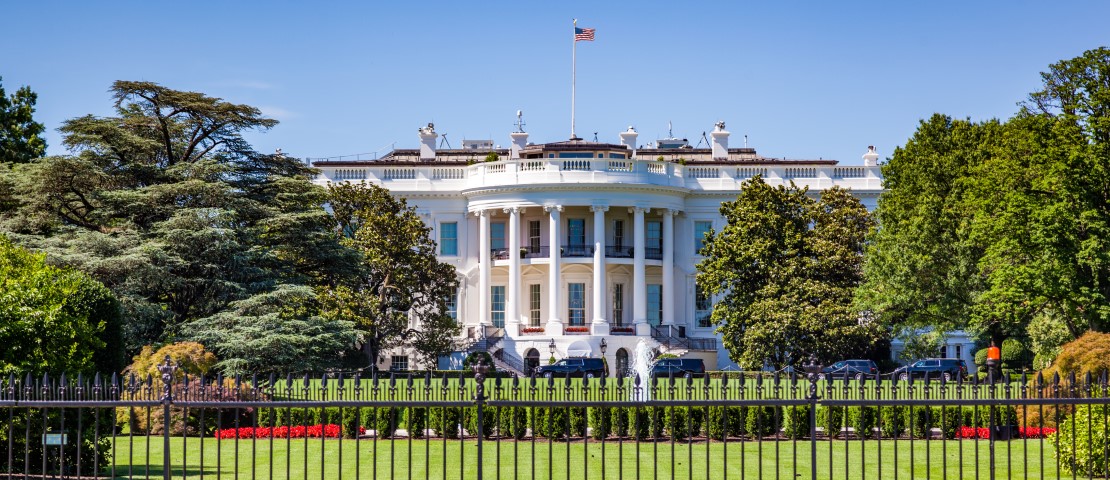White House Unveils K-12 Policy Agenda Targeting Attendance, Tutoring, Afterschool Learning

Date Posted: 3/08/2024 | Author: Jack Densmore
The Biden administration announced its K-12 agenda Jan. 17. The “Improving Student Achievement Agenda” focuses on strategies to help with students’ academic performance.
The three key areas the Biden administration is focusing on are increasing student attendance, tutoring, and summer/afterschool learning.
For attendance, the White House noted the rate of chronic absenteeism across the country during the 2021-22 academic year, which was 31%. The administration referenced a study from the Council of Economic Advisers, which shows absenteeism accounting for test score declines of up to 27% in math and 45% in reading. When it comes to the strategy for battling absenteeism, the administration cites an Institute of Education Sciences finding that sending texts to parents about missed school can reduce absenteeism by 17%. Targeted parental and family engagement is also recommended, with reference to a study conducted by Learning Heroes and TNTP in partnership with the Graduate School of Education and Kennedy School of Government at Harvard University. Recommendations for targeted parent and family engagement include home visits, early warning intervention systems, and learning why a student is absent before implementing a strategy to solve the situation.
For tutoring, the White House recommends that tutoring programs provide three 30-minute sessions per week, occur in small groups of one to four students, occur during the school day, use well-trained tutors, and align with evidence-based structured curriculum.
The White House also recommends increasing summer learning and afterschool learning time, citing a study from 2014 of 30 schools in low-income areas that increasing instructional time from six-and-a-half to eight hours improves test scores between 11%–24%, according to the Chalkboard Project. The Biden Administration also cited a study from the Rand Corporation that three hours per day in a summer learning program can provide an additional two months of learning in math and one month for reading.
As part of the action plan, the White House will highlight the actions of states, districts, and education non-profits in the area of reducing absenteeism, high-dosage tutoring, and summer learning and extended or afterschool learning time. Through the Elementary and Secondary Education Act, the Department of Education will monitor states to make sure that the use of Title I funds addresses the needs of individual schools. The Department of Education will communicate with states that are implementing these data-based strategies and to provide guidance to support continued improvement.
The Department of Education will also track gaps in achievement levels caused by the pandemic, as well as continue to allow the spending of pandemic relief funds into the 2024-25 academic year to help combat absenteeism and improve tutoring programs.
For more information and to read the full agenda, visit The White House’s official website.
CONVERSATION
RECOMMENDED FOR YOU

02/16/2026
SBEC finalizes rules to comply with new Texas legislation passed in 2025
The State Board for Educator Certification met Feb. 13, 2026, to adopt final rules affecting educator certification and discipline.

02/13/2026
Teach the Vote’s Week in Review: Feb. 13, 2026
Early voting for the March primary election begins Tuesday, Feb. 17, and runs through Friday, Feb. 27.

02/06/2026
Teach the Vote’s Week in Review: Feb. 6, 2026
A special election runoff in Texas Senate (SD) 9 results in a dramatic party flip in a Republican stronghold.

